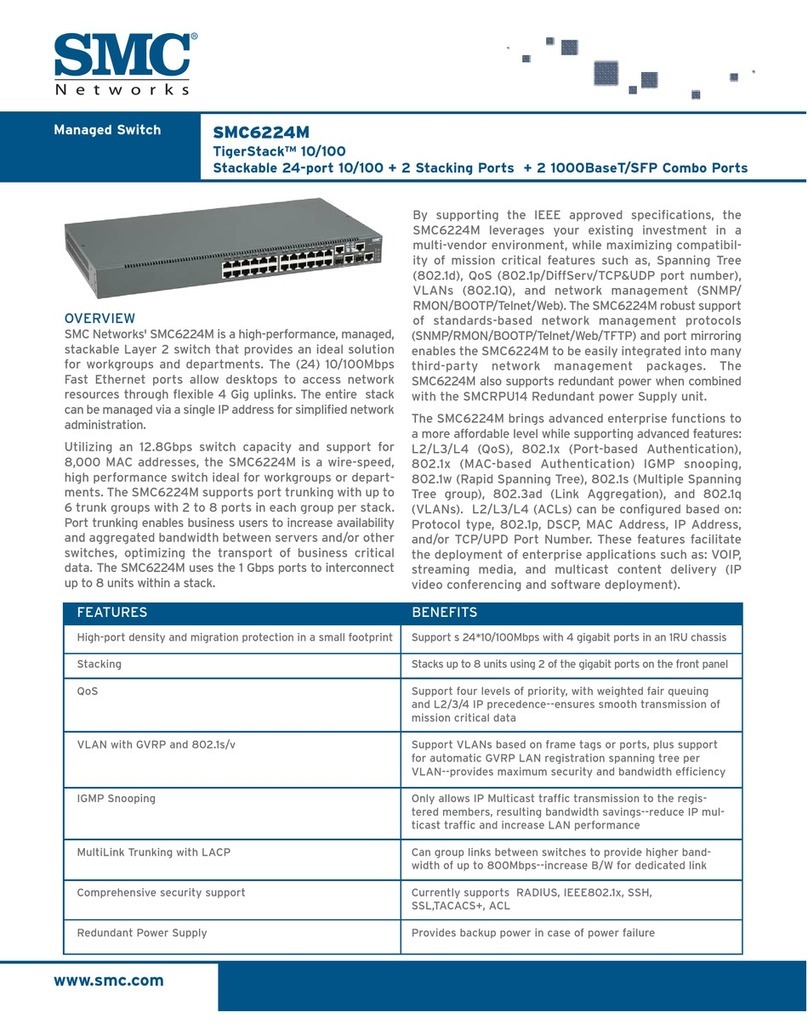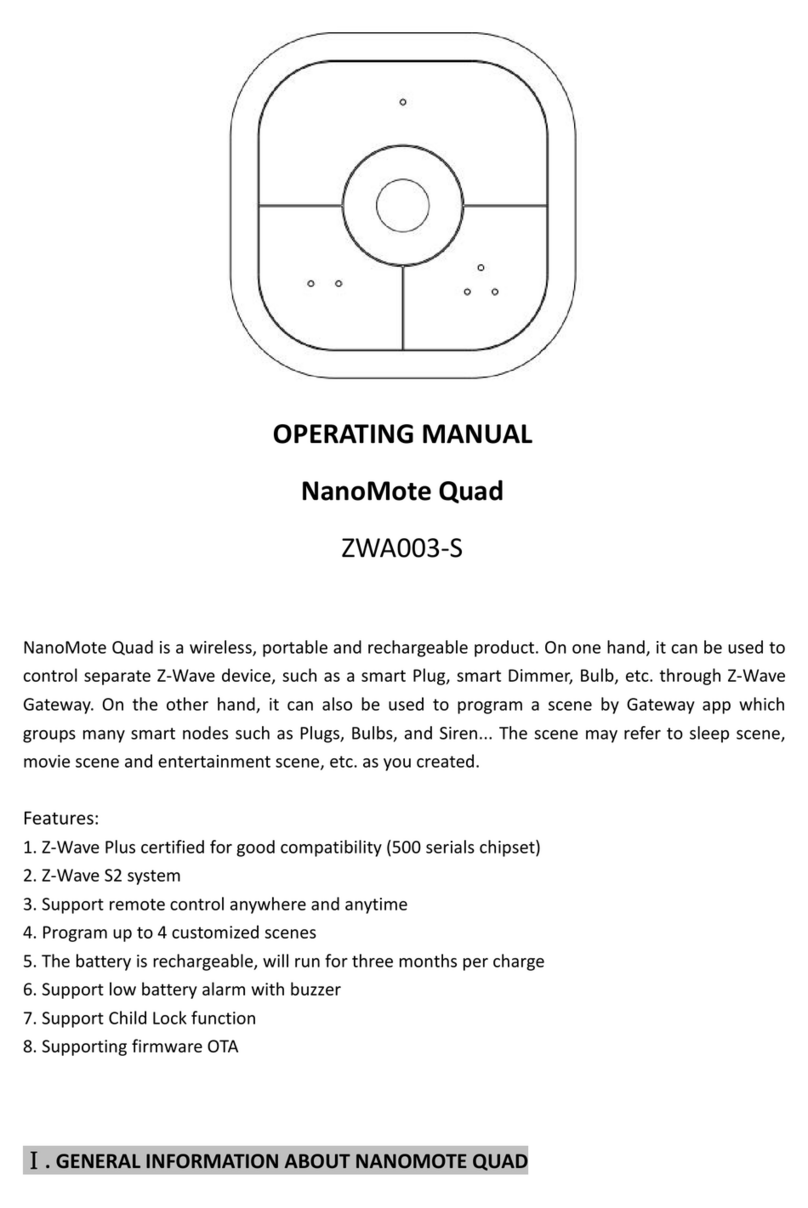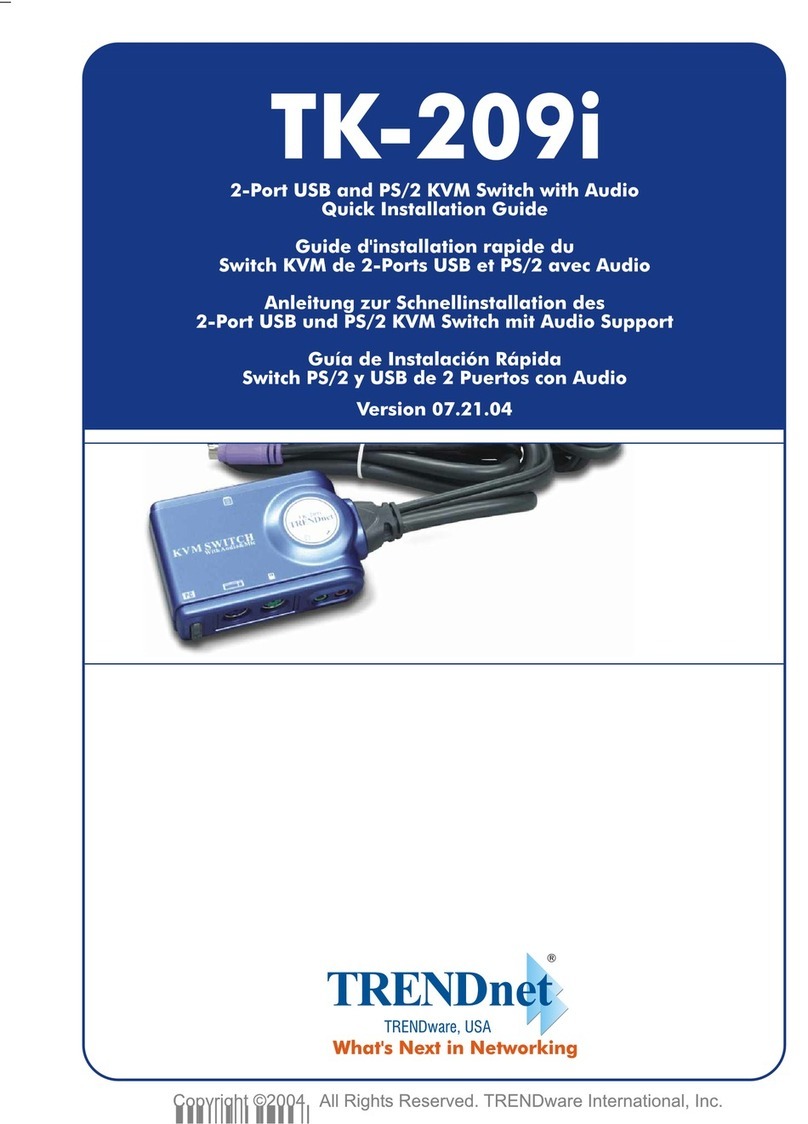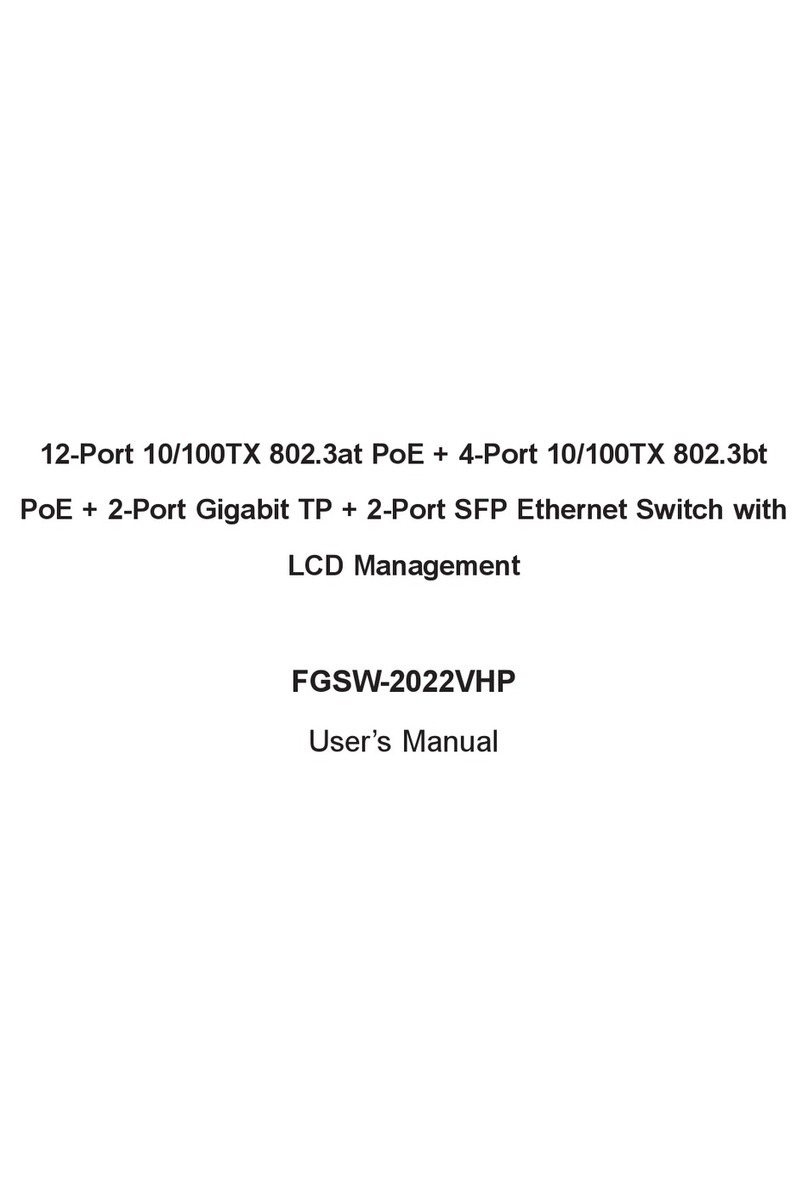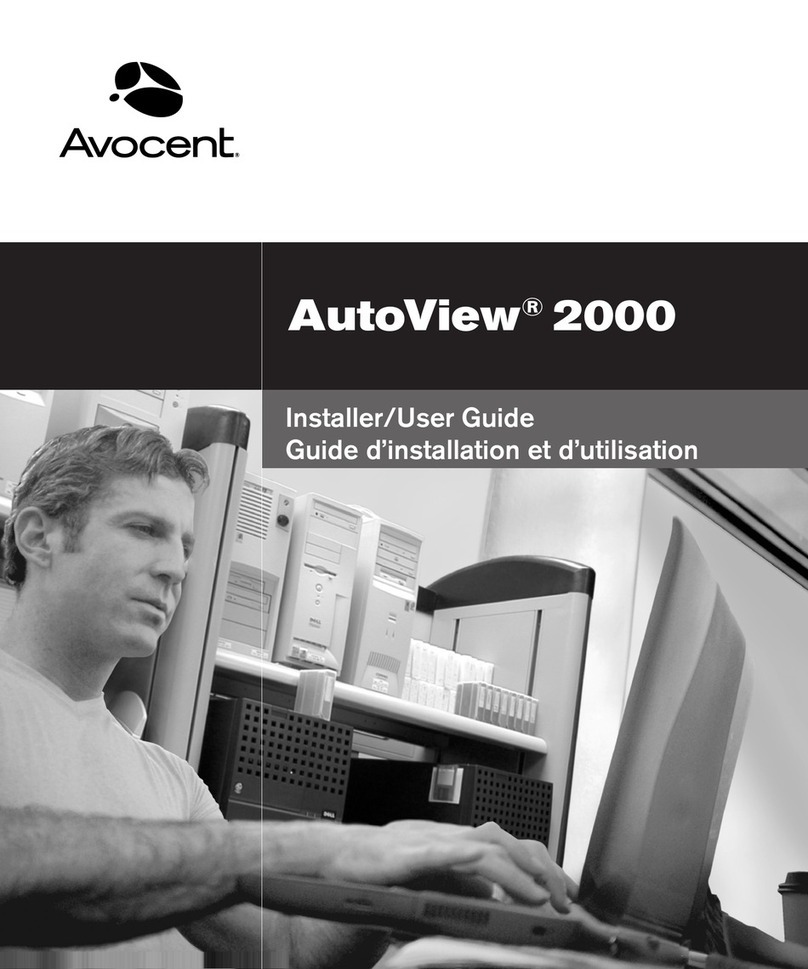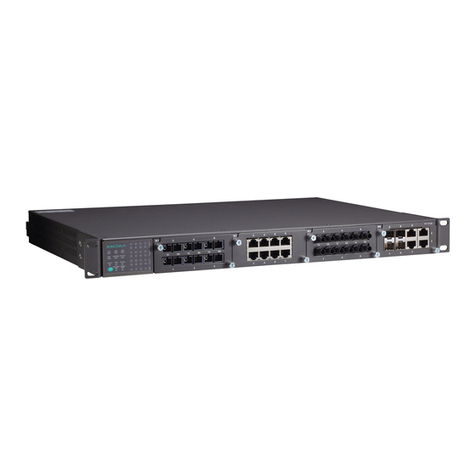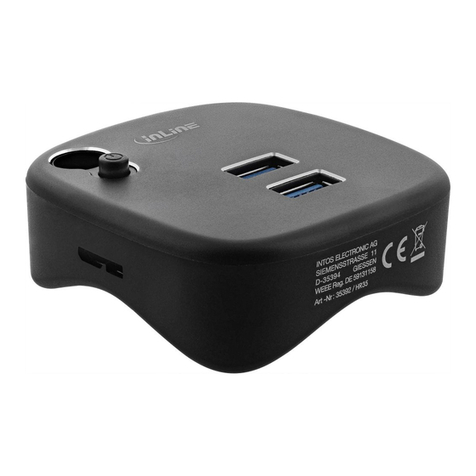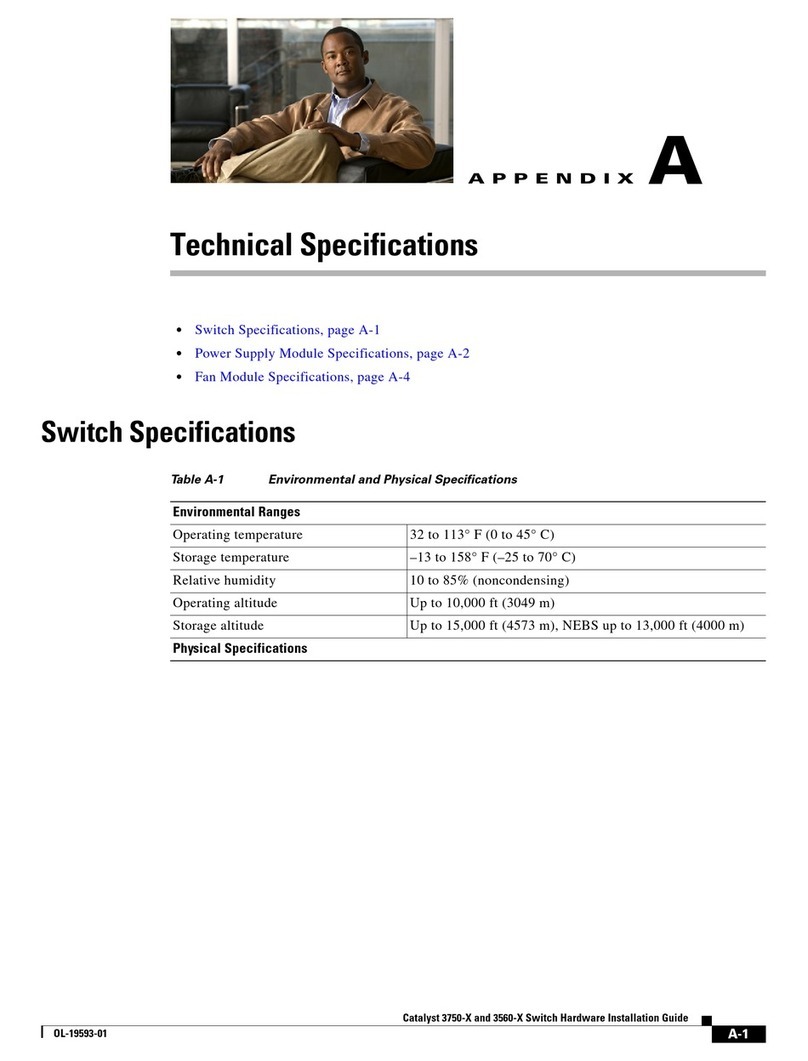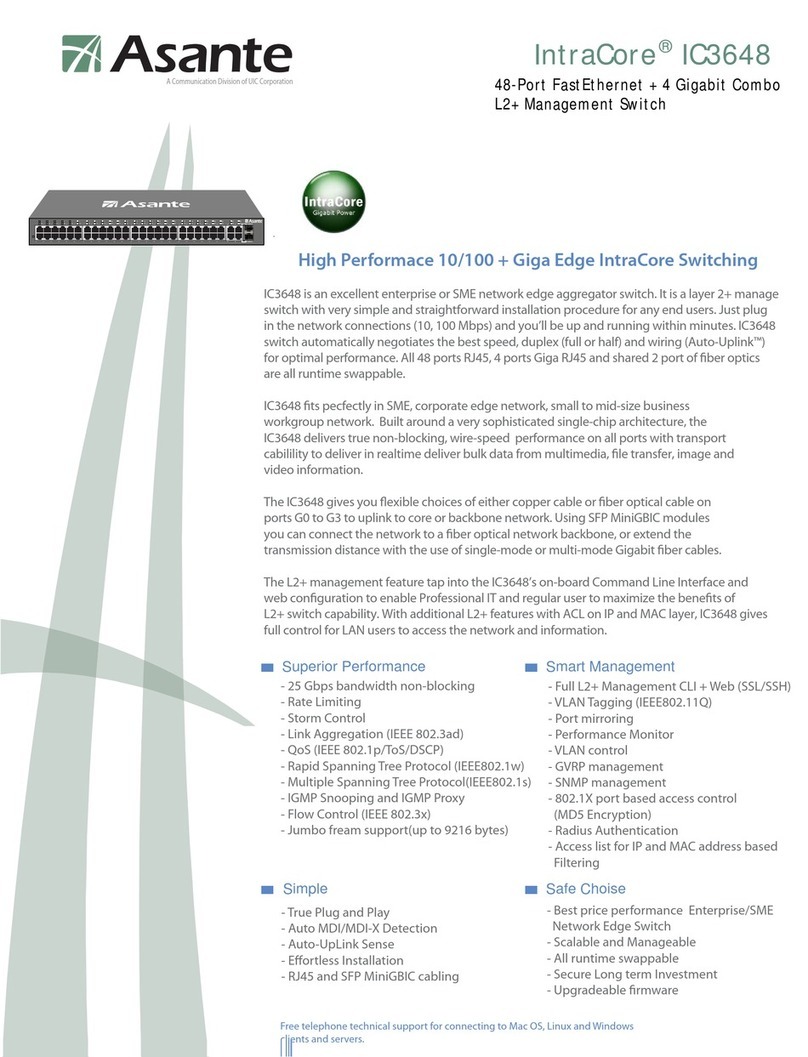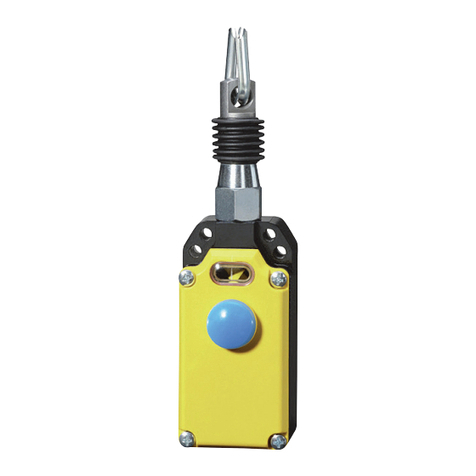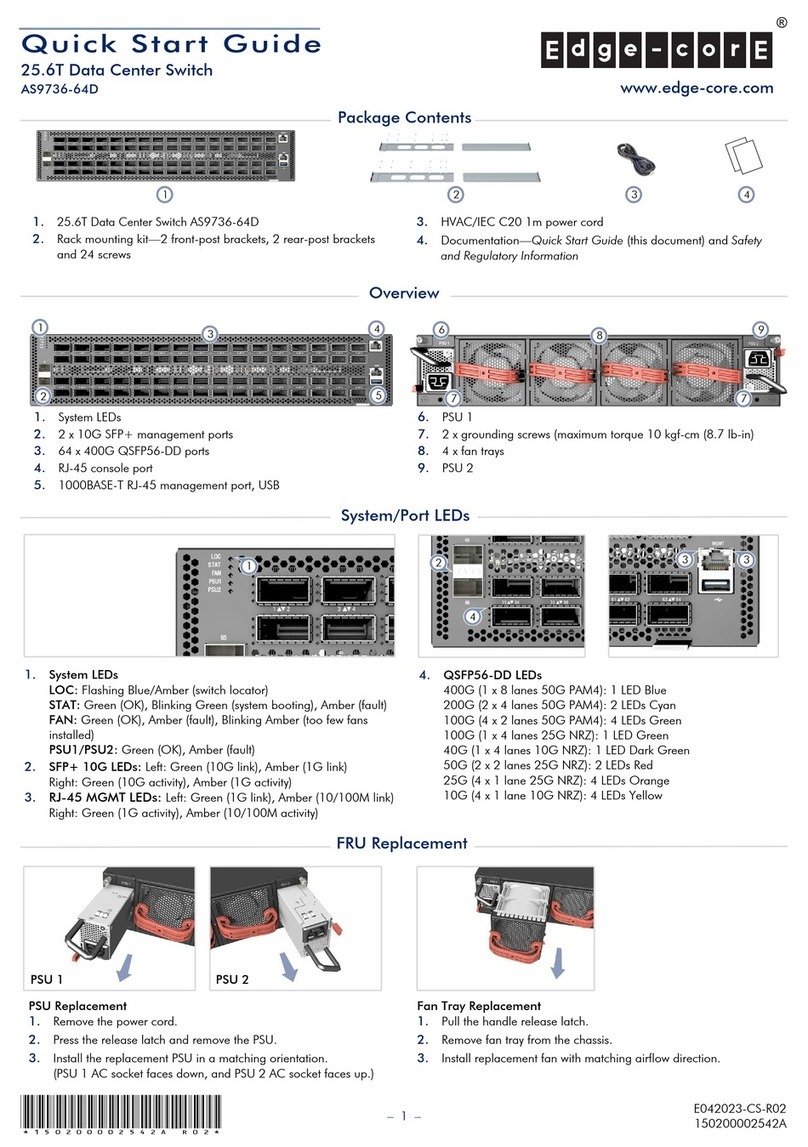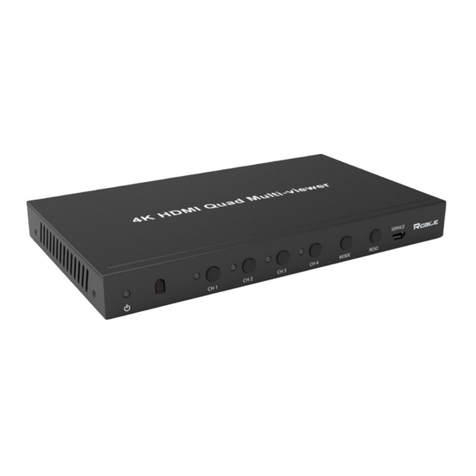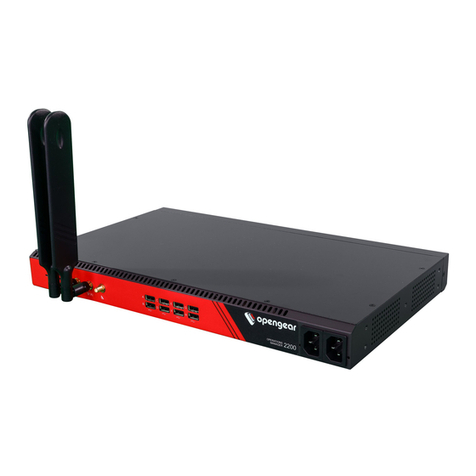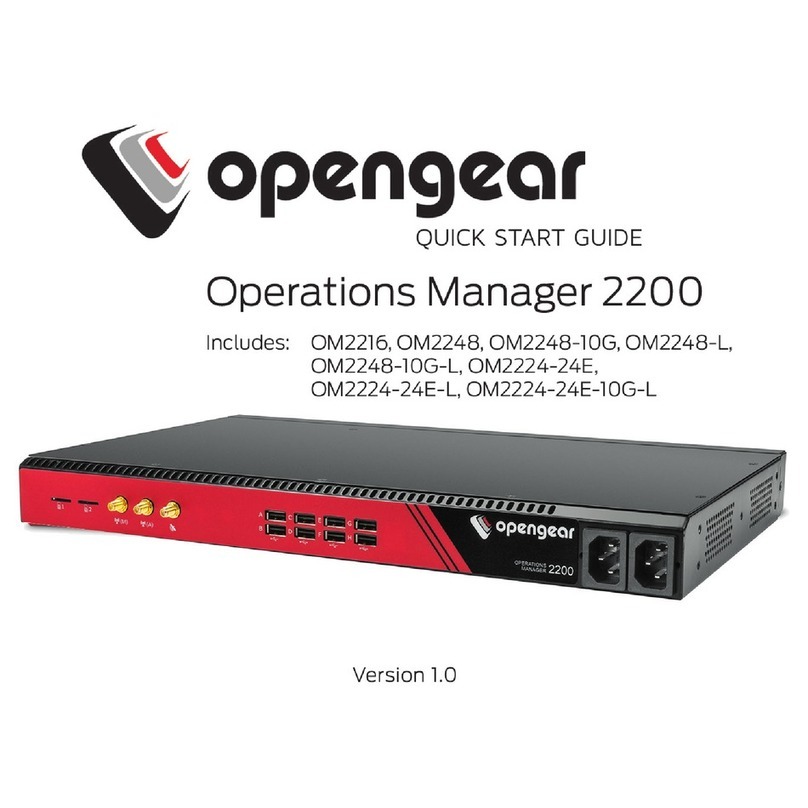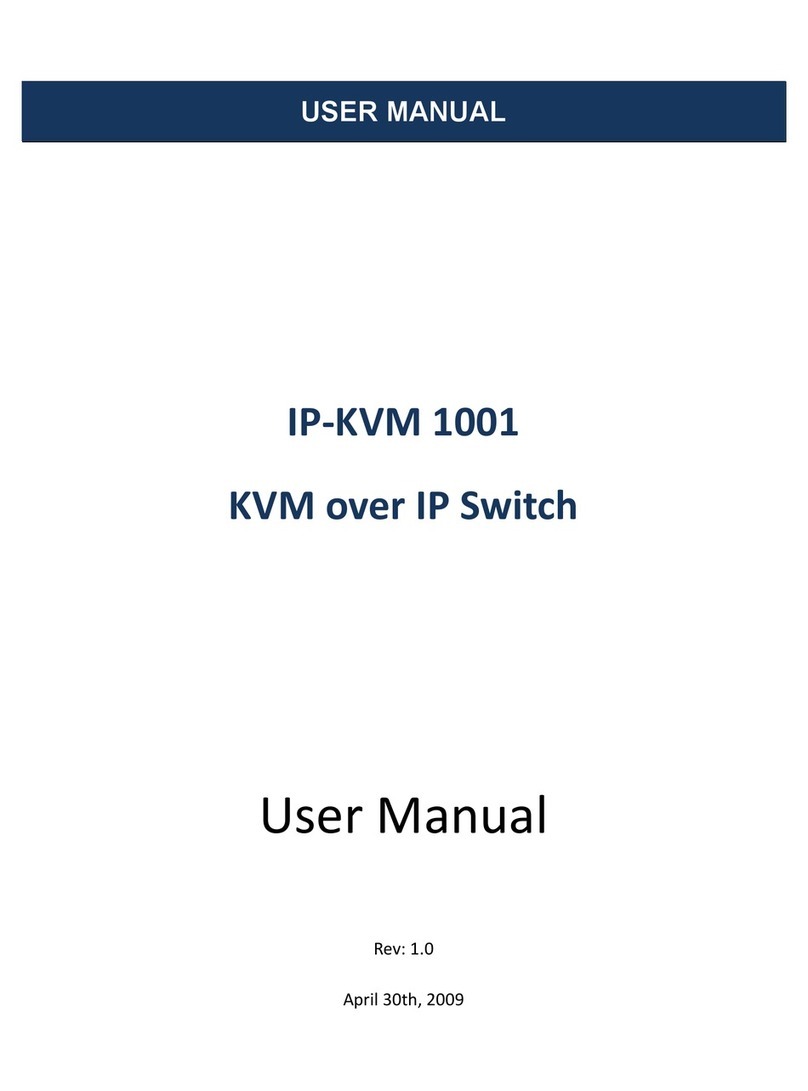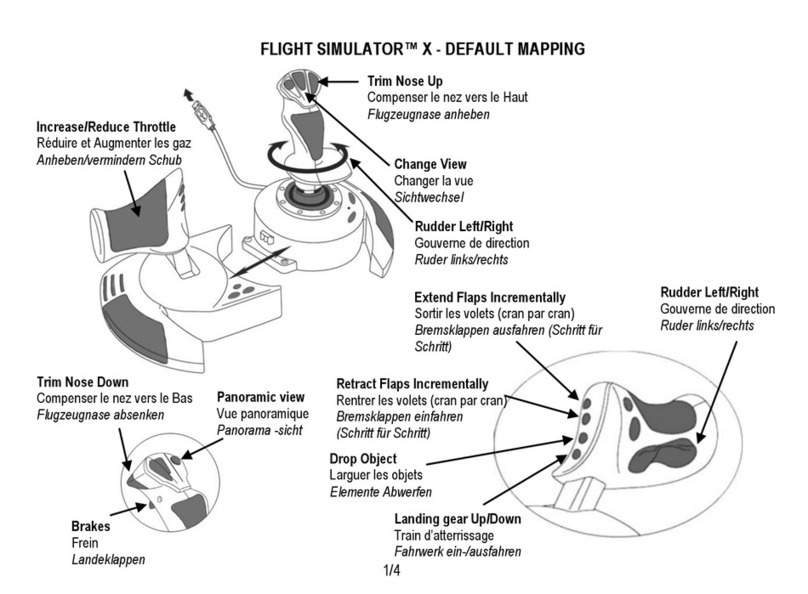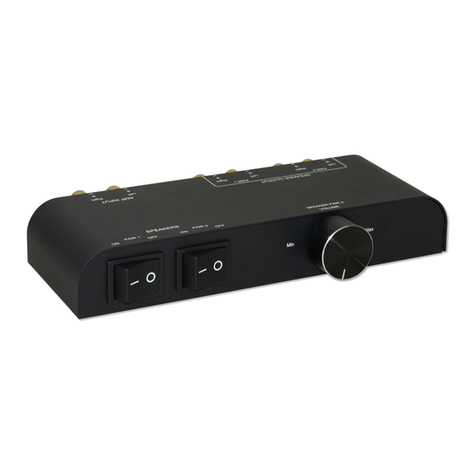
KVM over IP User Manual Page 5 of 109
F i g u r e s
Figure 2-1 Product View ............................................................................................................... 9
Figure 2-2 Panel View ................................................................................................................. 10
Figure 2-3 3-in-1 Integrated Adapting Local Cable ...................................................................... 10
Figure 2-4 Serial Cable ................................................................................................................ 10
Figure 2-5 Cable Connections (stand-alone, PS/2) ...................................................................... 13
Figure 2-6 Cable Connections (stand-alone, USB) ....................................................................... 15
Figure 2-7 Cable Connections (stand-alone, PS/2) ...................................................................... 16
Figure 2-8 Cable Connections (with a Multi-port KVM Switch).................................................... 18
Figure 4-1 The Internet Explorer displaying the encryption key length ....................................... 29
Figure 4-2 Remote Console Control Bar ...................................................................................... 33
Figure 4-3 Remote Console Options Menu ................................................................................. 34
Figure 4-4 Remote Console Exclusive Mode ............................................................................... 35
Figure 4-5 Remote Console Options Menu:Scaling ..................................................................... 36
Figure 4-6 Remote Console Options Menu:Cursor ...................................................................... 37
Figure 4-7 Video Settings Panel .................................................................................................. 38
Figure 4-8 So t Keyboard ............................................................................................................ 39
Figure 4-9 So t Keyboard Mapping ............................................................................................. 39
Figure 4-10 Remote Console Con irmation Dialog ...................................................................... 40
Figure 4-11 Encoding Compression ............................................................................................ 41
Figure 4-12 Prede ined Compression.......................................................................................... 42
Figure 4-13 Lossy Compression .................................................................................................. 42
Figure 4-14 Encoding Color depth .............................................................................................. 43
Figure 4-15 Status line ................................................................................................................ 43
Figure 4-16 Status line trans er rate ........................................................................................... 43
Figure 5-1 KVM Console ............................................................................................................. 45
Figure 5-2 Telnet Console ........................................................................................................... 47
Figure 5-3 Options o Drive Redirection...................................................................................... 50
Figure 5-4 USB mass storage option ........................................................................................... 51
Figure 5-5 Virtual Media - CD-ROM Image .................................................................................. 51
Figure 5-6 Explorer Context Menu .............................................................................................. 53
Figure 5-7 Share Con iguration Dialog ........................................................................................ 54
Figure 5-8 Virtual Media - Floppy Disk ........................................................................................ 56
Figure 5-9 RawWrite or Windows selection dialog .................................................................... 58
Figure 5-10 Nero selection dialog ............................................................................................... 59
Figure 5-11 Built-in Java Drive Redirection ................................................................................. 60
Figure 5-12 Setting Password ..................................................................................................... 64
Figure 5-13 User Console Setting ................................................................................................ 68
Figure 5-14 Keyboard and Mouse Settings ................................................................................. 70
Figure 5-15 Video Settings .......................................................................................................... 71
Figure 5-16 Network Settings ..................................................................................................... 73
Figure 5-17 Dynamic DNS ........................................................................................................... 75
Figure 5-18 Dynamic DNS Scenario ............................................................................................. 76
Figure 5-19 Device Security ........................................................................................................ 77
Figure 5-20 Chain Rules o IP Filtering ........................................................................................ 78
Figure 5-21 IP Filter Settings ....................................................................................................... 79
Figure 5-22 Certi icate Settings .................................................................................................. 80
Figure 5-23 SSL Certi icate Upload .............................................................................................. 82
Figure 5-24 CSR string ................................................................................................................ 82
Figure 5-25 Serial Port ................................................................................................................ 83
Figure 5-26 Date / Time .............................................................................................................. 85
Figure 5-27 Event Log ................................................................................................................. 86
Figure 5-28 Device In ormation .................................................................................................. 94
Figure 5-29 Connected Users ...................................................................................................... 95
Figure 5-30 Event Log List ........................................................................................................... 95
Figure 5-31 Update Firmware ..................................................................................................... 96
Figure 5-32 Unit Reset ................................................................................................................ 99
